
3 minute read
CULTURAL AND CREATIVE INDUSTRIES: THE DECISIVE FACTOR FOR DEVELOPMENT
It is an indisputable fact that the Adriatic-Ionian Region is the cradle of European cultural heritage, brimming with lively cultural and artistic life. Despite these enviable factors, however, the capabilities of regional tourism remain largely unutilized. Unexpressed. The tourism of this culturally and naturally plentiful area is still based on plurality, seasonality—summer highs and winter lows—,and concentrated flows to central locations. Such a foundation is undoubtedly harmful. It threatens the region’s sustainable development while also hindering its creative potential. Or put differently: the creative potential of its people. The CCI4Tourism project presented in this booklet has been founded on the idea that if the aim is to improve the structure of tourism, precisely that creative potential of the people must be unlocked and stimulated.
Cultural and creative industries (CCI) have an important role in boosting economic growth, creating employment, and innovations, but their exceptional role has not been sufficiently recognized or appreciated in the Adriatic-Ionian Region. Their economic impact is often overlooked, which is the consequence of a lack of key competences in the weaknesses of the local ecosystems. To this end, the CCI4Tourism project has set a clear and ambitious goal: to transform creative industries into key actors of the tourism sector and the decisive factor for the economic growth of the AdriaticIonian Region.
Advertisement
The partners of the CCI4Tourism project understand that the set goal cannot be reached by treading well-worn paths. This requires unconventional strategies of tourism management , which are based on:
>> Locating CCI companies and mobilizing talents;
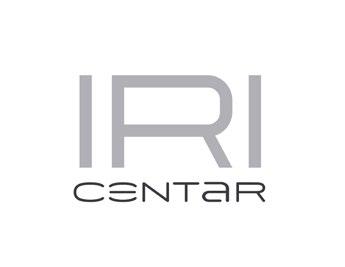
>> Strengthening entrepreneurial skills;
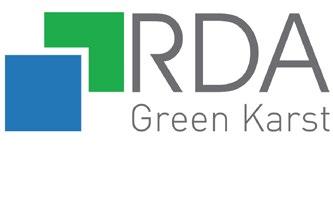
>> Hybridization between cultural, creative, and tourist companies, leading to new products being created.
The principal result of the CCI4Tourism project is strengthening the entrepreneurial mindset of the culturalcreative sector. Only this can lead to substantial changes in the development of regional tourism and sustainable strategies, placing the region’s cultural heritage centre stage.
Other expected project goals include: a) A transnational strategy for strengthening the skills and competences of cultural and creative creators; b) Establishing a Creative Network Hub; c) A transnational action plan for offering “cultural tourism 4.0” across the entire Adriatic-Ionian Region. The transnational approach of the CCI4Tourism project is crucial for realizing the strategies set for the growth of the tourist sector.
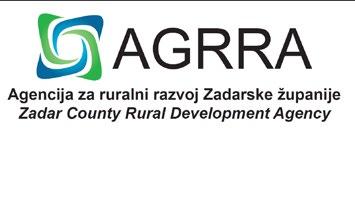
SLOVENIA
▶ DEVELOPMENT AGENCY
SORA
▶ RDA GREEN KARST LTD.
Leading partner of the CCI4Tourism project: Tecnopolis Science and Technology Park, Italy
Project partners: KEPA Business and Cultural Development Centre, Greece
City Development Agency Banja Luka, Bosnia and Herzegovina
Development Agency Sora, Slovenia
European Affairs Fund of AP Vojvodina, Serbia
Friuli Innovazione Research and Technology Transfer Centre, Italy
IRI CENTAR d.o.o., Croatia
RDA Green Karst Ltd., Slovenia

Zadar Country Rural Development Agency, Croatia
CROATIA
▶ ZADAR COUNTRY RURAL DEVELOPMENT AGENCY

▶ IRI CENTAR D.O.O.

BOSNIA AND HERZEGOVINA
CITY DEVELOPMENT AGENCY
BANJA LUKA
SERBIA
EUROPEAN AFFAIRS FUND OF AP VOJVODINA

ITALY
▶ FRIULI INNOVAZIONE RESEARCH AND TECHNOLOGY TRANSFER CENTRE
▶ TECNOPOLIS SCIENCE AND TECHNOLOGY PARK
GREECE
KEPA BUSINESS AND CULTURAL DEVELOPMENT CENTRE
CONCRETE STEPS: MOBILIZING AND EMPOWERING THE STAKEHOLDERS OF CULTURAL AND CREATIVE INDUSTRIES

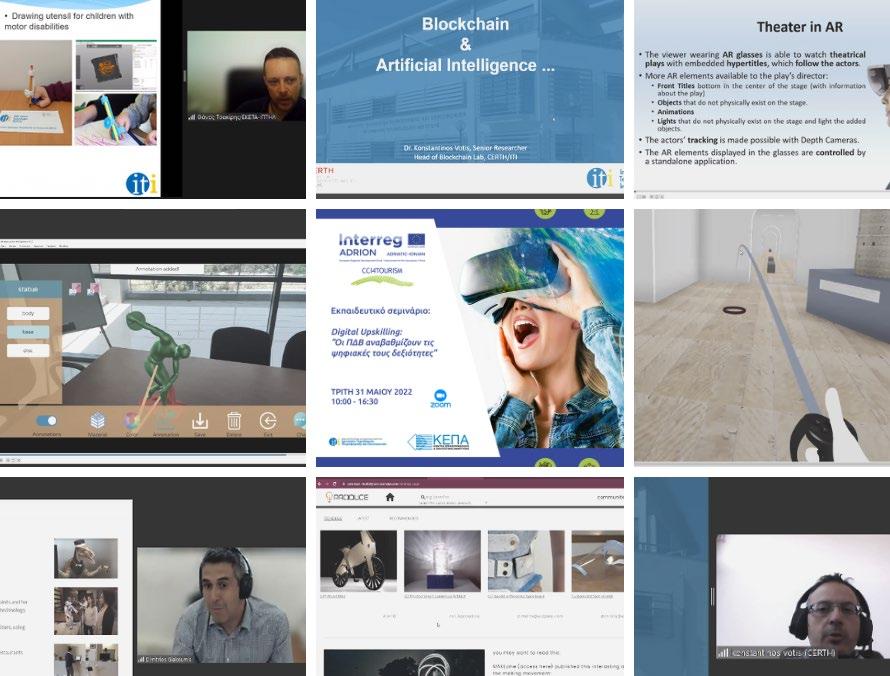
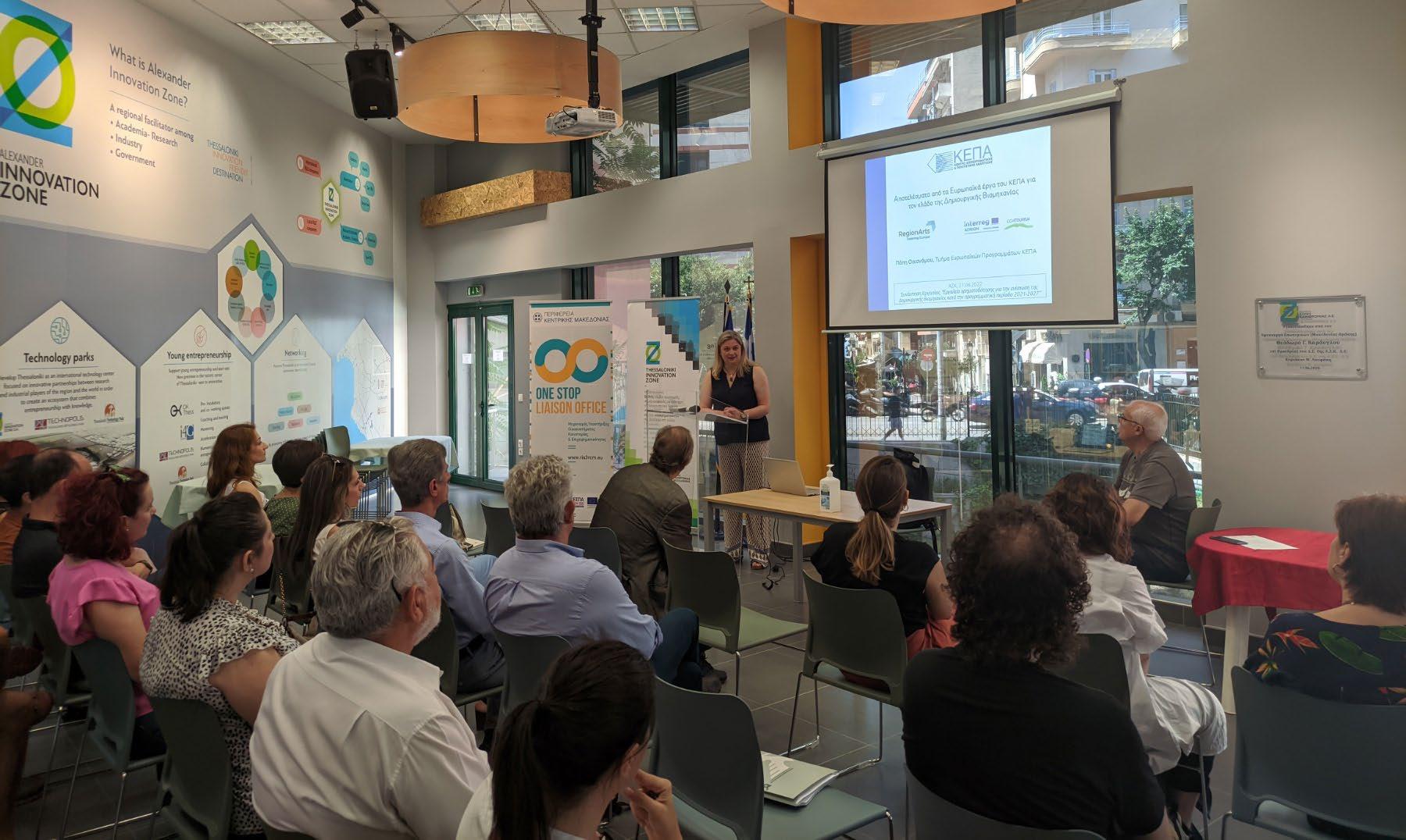
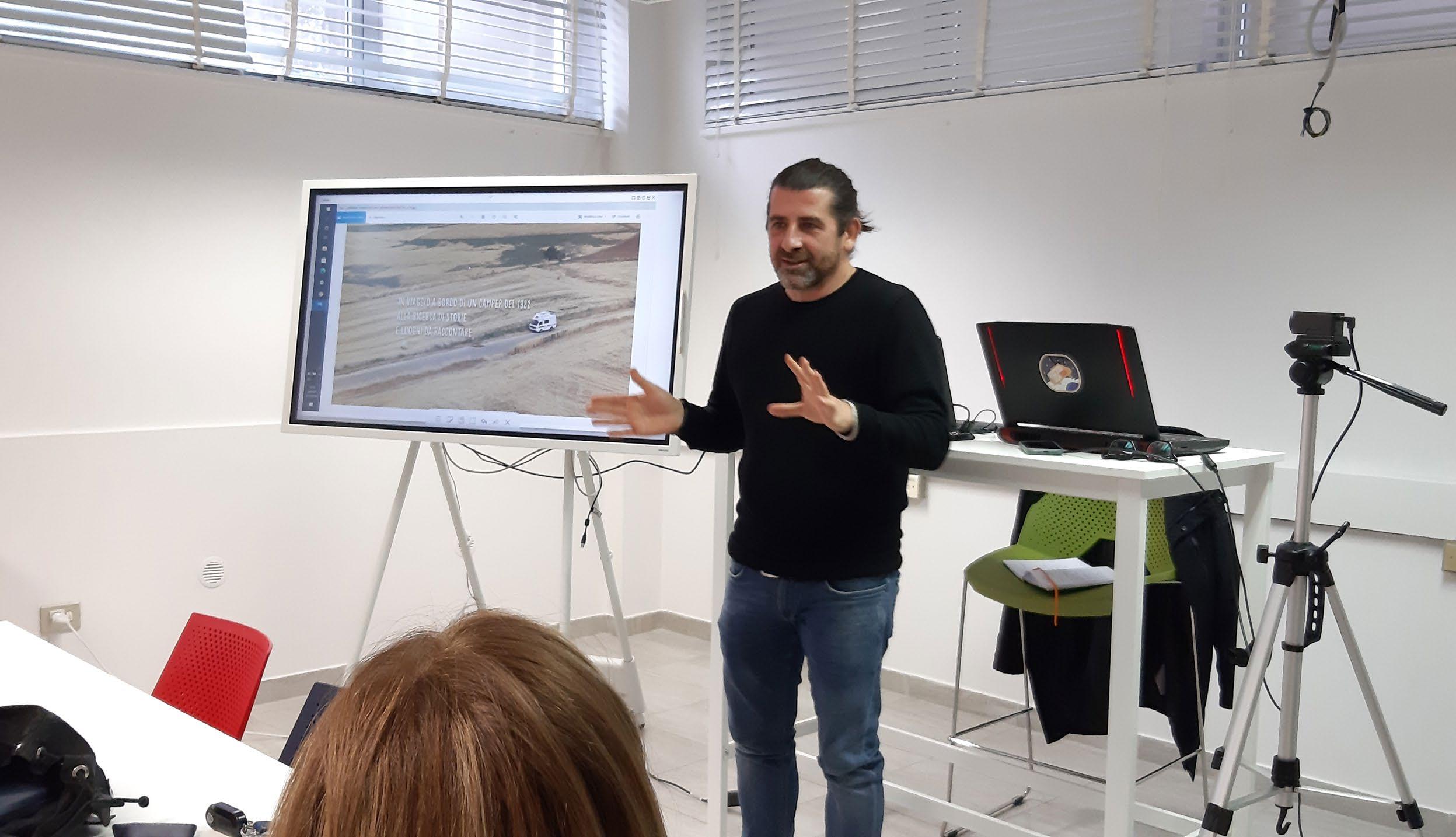
One of the key tasks of the CCI4Tourism project was to empower and strengthen the entrepreneurial skills and knowledge of the stakeholders of cultural and creative industries in order to develop sustainable tourism models in the Adriatic-Ionian Region that are based on both cultural heritage and digitalization. To this end, the project team developed a range or methodologies and tools for training trailblazing organizations, small and medium-sized companies, start-ups, sole proprietors, and informal groups aiming to set up a company in the cultural and creative sector.
The project partners’ efforts have produced a so-called capacity building program that is run at both the national and transnational level. The programs has been shaped based on these central project questions:
>> How to attract stakeholders in cultural and creative industries to the project?
>> How to ensure they recognize tourism’s creative potential and its added value?
>> How to produce significant improvements to their entrepreneurial competencies and skills and how to synchronize these with the needs of the tourism sector?
>> How to implement the digital transformation of cultural and creative industries’ services and how to align them with the needs of the tourism sector?
Despite the limitations due to the pandemic between 2020 and 2022, the capacity building program activities were carried out by all the project partners. The two-year period saw over 40 workshops, meetings, mentorship events, and training sessions.
The answers to these questions are encompassed in a range of diverse activities with the common aim of establishing a living community of organizations and creative individuals. The activities and methodologies can be thusly categorized:
>> Incubation-acceleration program with so-called creative hubs
>> Awareness raising events regarding the role creative industries play in enhancing the tourism offer;



>> networking (especially within creative hubs);
>> exchanges and study visits;
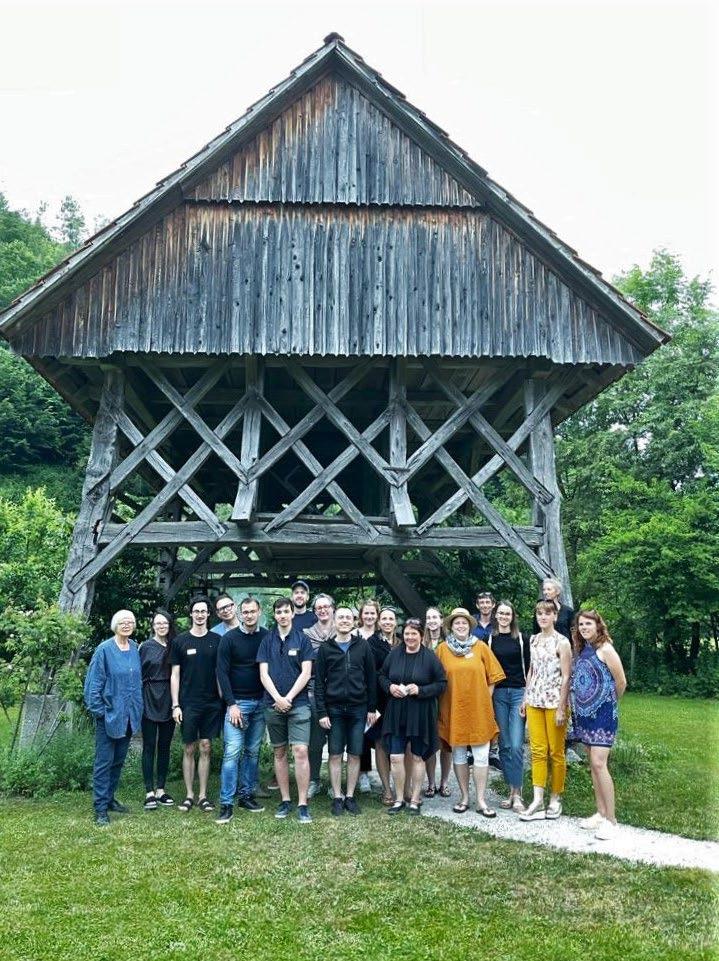
>> coaching/training for entrepreneurs and creatives;
>> mentorships for entrepreneurs and creatives;
>> diverse workshops on design and ideation;
>> workshops on digital strategy;
>> development of new services, products, and ideas.







